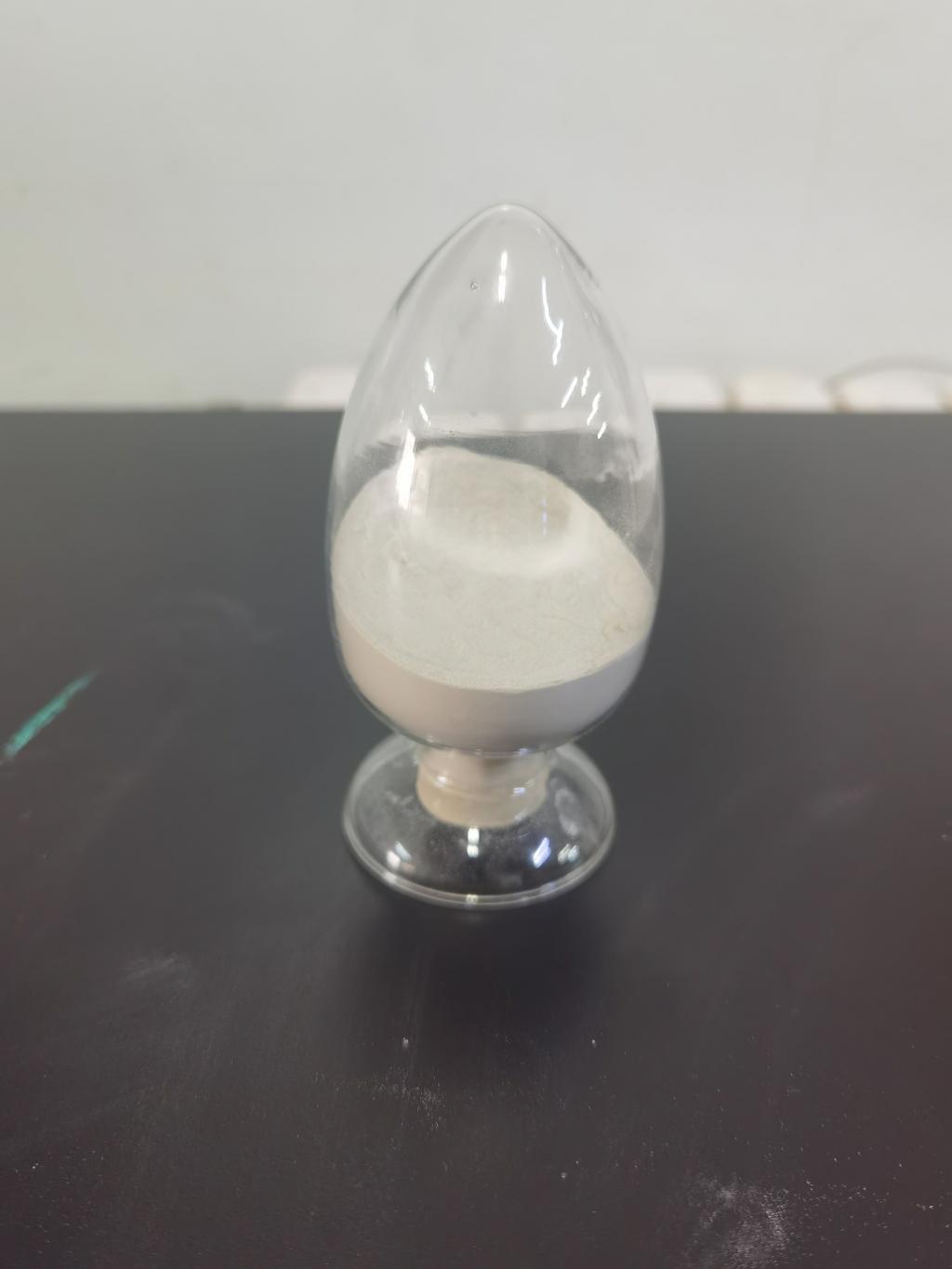Tel:+8618231198596

News
 CONTACT
CONTACT
 CONTACT
CONTACT
- Linkman:Linda Yao
- Tel: +8618231198596
- Email:linda.yao@dcpharma.cn
- Linkman:CHARLES.WANG
- Department:Overseas
- Tel: 0086 0311-85537378 0086 0311-85539701
News
Can Nisin be used in the preservation of fermented beverages, such as kombucha or kefir?
TIME:2023-06-21
Introduction:
Fermented beverages like kombucha and kefir undergo a microbial transformation process that contributes to their characteristic flavors and health benefits. However, microbial spoilage can occur during production, storage, and distribution, leading to quality deterioration and potential health risks. Nisin, as a natural antimicrobial, offers a promising solution for extending the shelf life and ensuring the microbial safety of fermented beverages.
Antimicrobial Properties of Nisin:
Nisin possesses potent antimicrobial activity against various Gram-positive bacteria, including common pathogens and spoilage organisms. Its mechanism of action involves disrupting the integrity of bacterial cell membranes, leading to cell death. The broad-spectrum effectiveness of nisin makes it suitable for inhibiting the growth of unwanted bacteria in fermented beverages.
Factors Influencing Nisin's Effectiveness:
Several factors can influence the effectiveness of nisin in inhibiting microbial growth in fermented beverages. The pH of the beverage plays a crucial role, as nisin is most active in a slightly acidic to neutral pH range. Temperature, nisin concentration, and the presence of interfering substances can also impact its antimicrobial activity. It is essential to optimize these parameters to maximize the efficacy of nisin in preserving fermented beverages.
Applications of Nisin in Kombucha:
Kombucha, a fermented tea beverage, is susceptible to microbial contamination due to its acidic nature and sugar content. Nisin can effectively inhibit the growth of common spoilage and pathogenic bacteria in kombucha, enhancing its shelf life and microbial safety. Incorporating nisin during the fermentation process or as a post-fermentation treatment can help control unwanted microbial growth.
Applications of Nisin in Kefir:
Kefir, a fermented milk drink, can be prone to spoilage by undesirable microorganisms. Nisin has demonstrated efficacy in inhibiting the growth of pathogens and spoilage bacteria in kefir, thereby improving its microbiological stability. Incorporating nisin into the kefir production process or applying it as a preservative treatment can help extend the shelf life of this fermented beverage.
Flavor and Probiotic Considerations:
The addition of nisin to fermented beverages should consider its potential impact on flavor and the viability of probiotic microorganisms. Studies have shown that nisin does not significantly affect the sensory attributes of fermented beverages when used at appropriate concentrations. Additionally, the compatibility of nisin with probiotic strains should be evaluated to ensure their survival and functionality.
Regulatory Considerations and Consumer Acceptance:
The use of nisin as a preservative in fermented beverages is subject to regulatory requirements. Compliance with local regulations regarding the maximum permitted levels of nisin is essential. Furthermore, consumer acceptance of nisin as a natural preservative should be considered, as transparency and clean label ingredients are increasingly valued by consumers.
Challenges and Future Directions:
Despite the potential benefits of nisin in preserving fermented beverages, several challenges exist. These include optimizing nisin concentrations, addressing potential interactions with other beverage components, and ensuring consistent distribution throughout the product. Future research should focus on overcoming these challenges and exploring novel approaches, such as encapsulation techniques, to improve the stability and efficacy of nisin in fermented beverages.
Conclusion:
Nisin holds promise as a natural antimicrobial agent for the preservation of fermented beverages, including kombucha and kefir. Its broad-spectrum antimicrobial activity, compatibility with the acidic pH of these beverages, and potential for enhancing shelf life make it an attractive alternative to traditional preservatives. Overcoming challenges and further research will contribute to harnessing the full potential of nisin in preserving the quality, safety, and longevity of fermented beverages.
- Tel:+8618231198596
- Whatsapp:18231198596
- Chat With Skype







